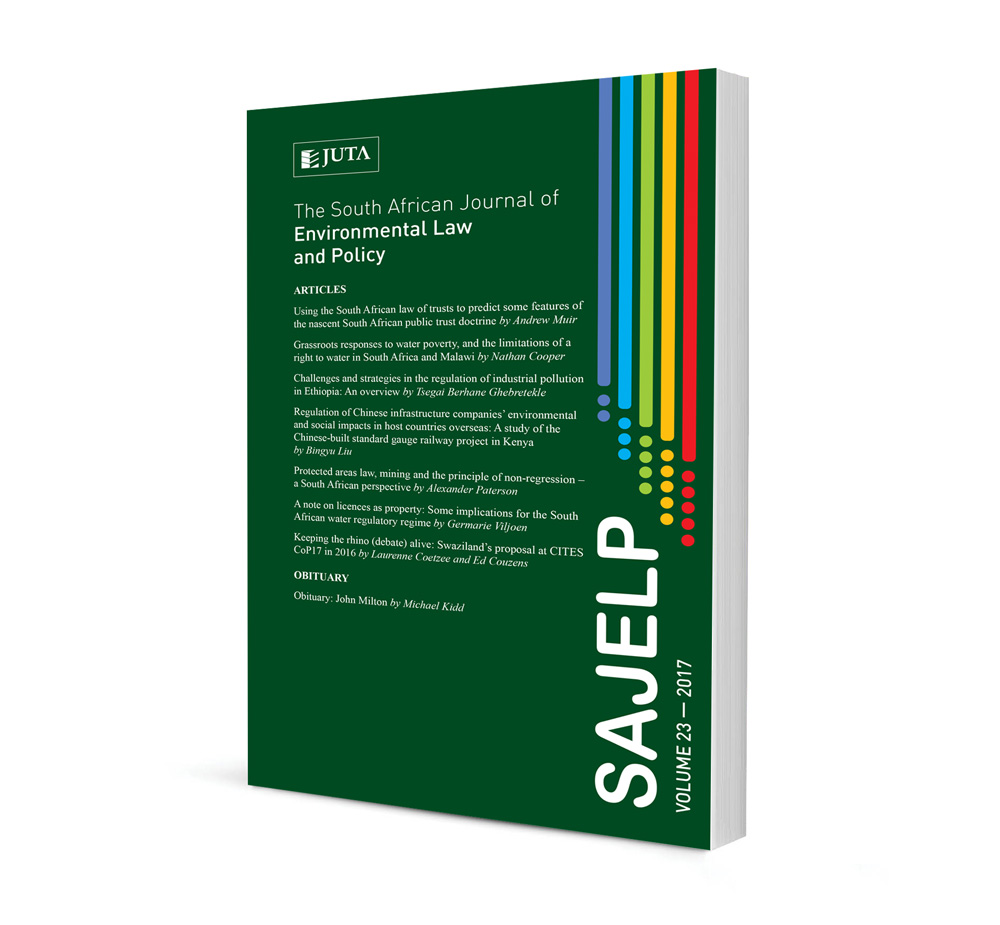Colonial era practices of eminent domain and state-community contestation for mineral-resource ownership in postcolonial Nigeria: The search for a sustainable synergy

Colonial era practices of eminent domain and state-community contestation for mineral-resource ownership in postcolonial Nigeria: The search for a sustainable synergy
Authors Ikechukwu Umejesi
ISSN: 2616-8499
Affiliations: Senior Lecturer, Department of Sociology, University of Fort Hare, East London
Source: South African Journal of Environmental Law and Policy 2016, p. 75 – 102
Abstract
Different countries often exercise eminent domain — the power to appropriate private properties for public good. The exercise of this power by the state over properties belonging to individuals and collectives within the state is as old as the state. This paper examines how the colonial state used eminent domain principle to acquire coal-rich land in Enugu-Ngwo, Southeast Nigeria, and its implications for both the postcolonial state and the community. Evolving dynamics in the coal mining sector since the early 1990s, such as, privatization program and its impact on landownership have reignited old animosity and poisoned state-community relations in Enugu-Ngwo. These new dynamics indicate that the coal-rich community may yet become another frontier in resource-related conflict in Nigeria. Relying on the cultural theory of plural rationality, the paper explores a synergy in which actors in the conflict — state, mining companies and the local community — can find expressions in a plural framework that emphasizes justice and fairness. The paper draws on ethnographic data collected from the Enugu-Ngwo community.